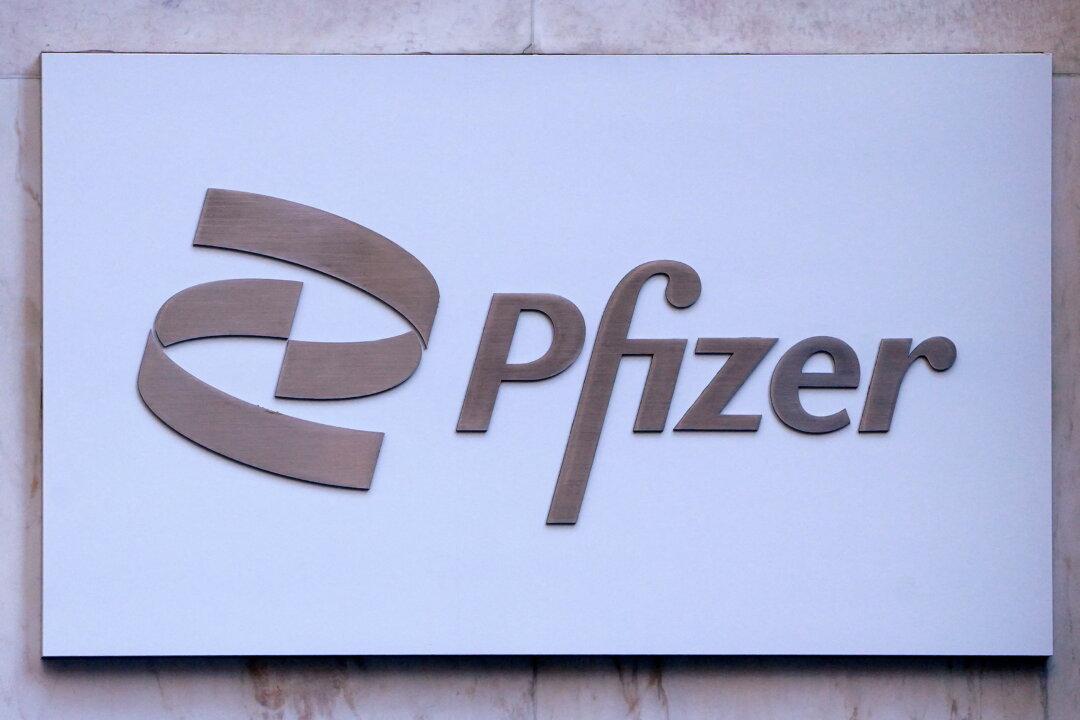Pfizer on Tuesday said it expects to see continued demand for its products this year, forecasting $54 billion in combined sales of its COVID-19 vaccine shots and antiviral pills.
The American pharmaceutical and biotechnology giant said it expects to sell $32 billion of its vaccinations and $22 billion of its antiviral COVID-19 treatment pill Paxlovid in 2022 as demand for the products continues.




